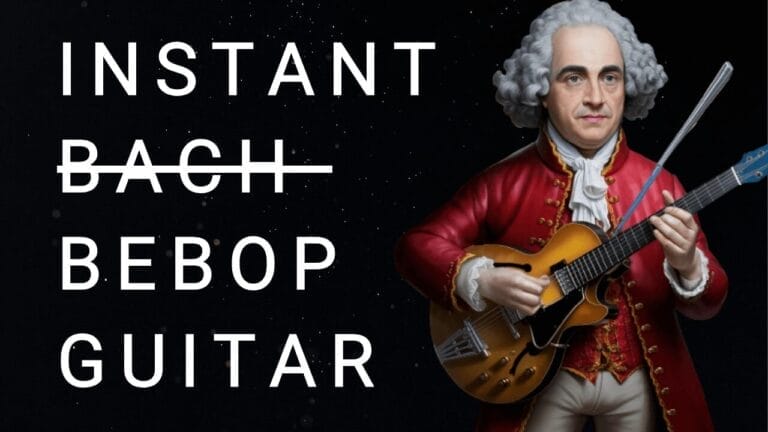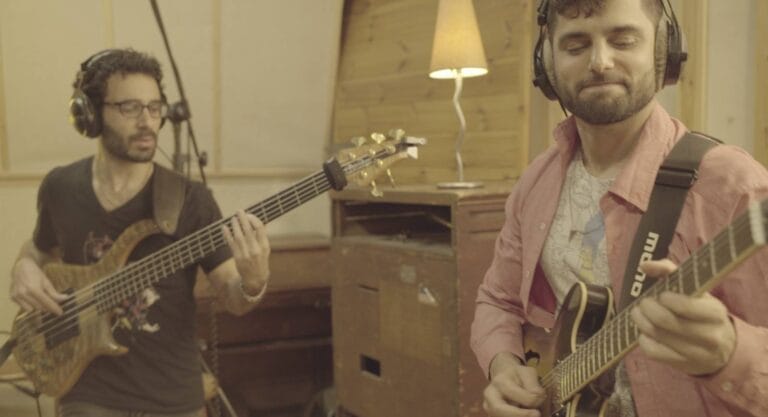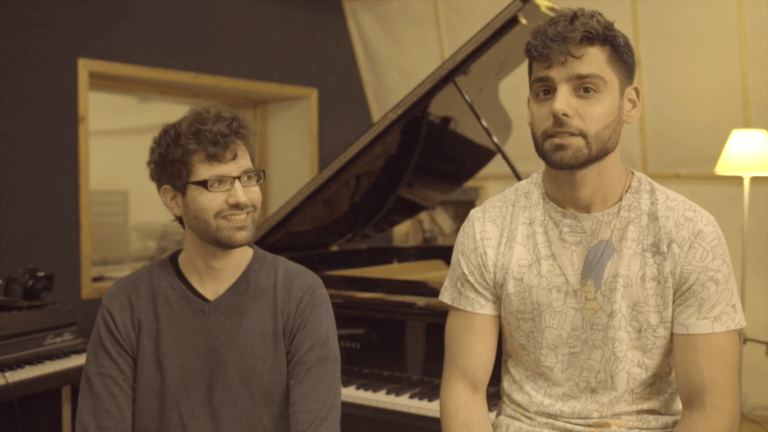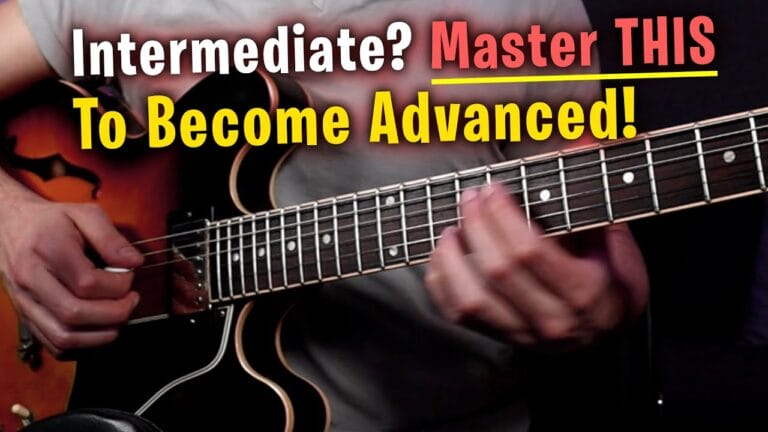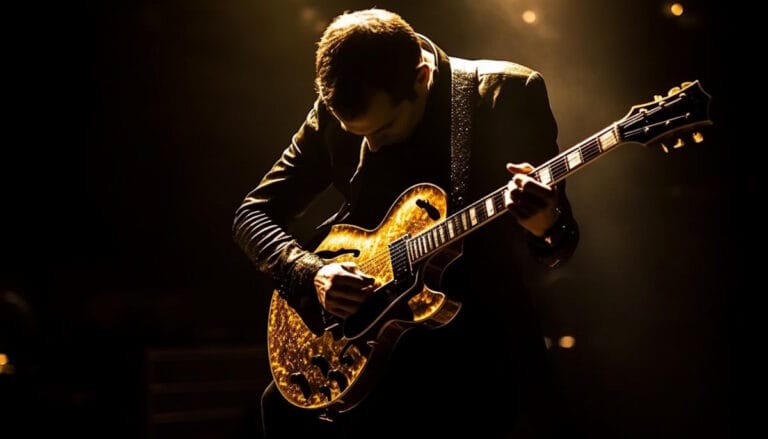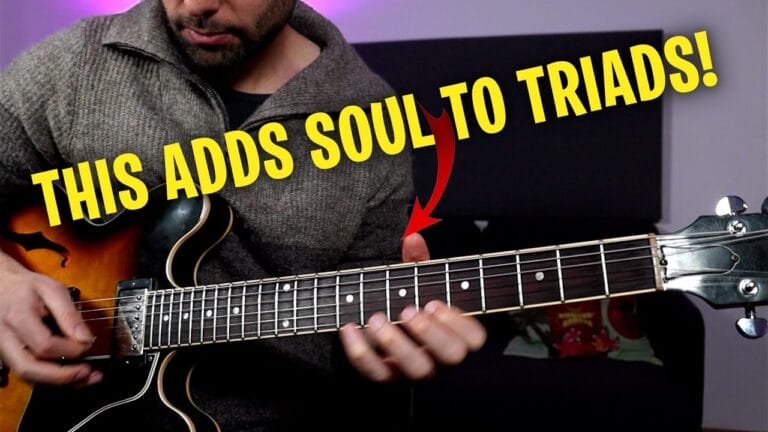The Art of Composing: Discovering Your Musical Voice
Introduction: The Art Of Composing
Composing is a powerful tool that allows musicians to express their deepest creative desires. It not only helps with improvisation and achieving larger musical goals, but it also allows artists to discover and express the unique sound that resonates within them. As a musician, composer, and improviser, I have personally witnessed the transformative power of composition on my musical journey.
Today, I would like to share the wonders of composing with you, as well as how it has helped me find my musical identity and the steps I take in my creative process.
Embrace Your Musical Heritage:
Composing was a natural path for me to take because my father is a composer. It gave me the opportunity to reconnect with my roots and create music that means a lot to me. Composing allows us to explore our experiences, and musical influences, ultimately leading us to discover our own authentic voice.
Cultivate a Healthy Creative Habit:
To ignite your creative spark, take care of yourself. Take part in mental and spiritual nourishment activities, like going for walks, eating healthfully, working out, and honing your musical basics.
For me – rich creativity is enabled by a positive mindset which is a basic part of the art of composing.
Capture Ideas and Embrace Your Melodies:
When inspiration strikes, write down your thoughts right away. Make recordings of yourself humming or singing imaginary melodies. By embracing your musical thoughts and ideas, you honor your creativity and open the door to new possibilities.
Craft Your Musical Canvas:
Once you have your melodies, it is time to shape the structure and form of your composition. Use music notation software like Sibelius, Finale, or Guitar Pro to visually represent your musical ideas. Alternatively, record and arrange your composition using software such as Cubase or Logic.
Create Contrast and Arrange Thoughtfully:
Determine whether solo sections will be included and how they will complement the overall mood. Experiment with harmonies, explore different sections, and consider how your melodies interact with the harmony. Decide whether to include solo sections and how they’ll complement the overall mood.
The Power of Collaboration:
Collaborating with other musicians can be an eye-opening experience, especially when you are exploring the art of composing . Keep an open mind to their suggestions and ideas. Musicians you admire can add new dimensions to your work, making it more powerful and dynamic.
Consistency in Creativity:
Consistency is essential for developing your distinct voice as a composer. Make it a habit to regularly record your musical ideas. Not every idea will be a masterpiece, but the more you create, the more likely it is that you will come across a gem.
Perfectionism can stifle creativity.
When it is time to move on, learn to let go of your compositions. Accept the concept of “better done than perfect” and recognize that each piece is a step forward in your creative journey. Be perfect with time. It’s okay!
Conclusion:
The Art of Composing is an amazing journey of self-discovery and artistic expression. You can discover your musical voice by embracing your musical heritage, cultivating a healthy creative habit, capturing your ideas, crafting your canvas, and collaborating with others.
Allow your compositions to evolve, knowing that each step contributes to your development as a musician and composer. Accept yourself as an artist and celebrate the distinct melodies that flow from your heart and soul.
And don’t forget to have fun!
For more inspiration, lessons, useful tips and much more subscribe to my youtube channel. Please leave your comments and questions below.
Enjoy your musical journey!
Yours, Daniel










